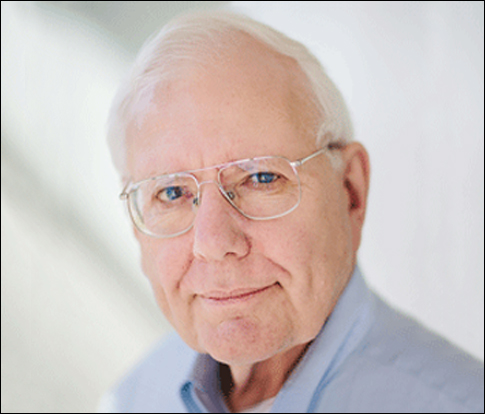ACM-IEEE CS Eckert-Mauchly Award
USA - 2017
citation
For pioneering contributions to the design and development of personal computer architecture including the Xerox Alto, the first tablet computers, and cache coherence protocols.
Press ReleaseACM A. M. Turing Award
USA - 2009
READ FULL CITATION AND ESSAYcitation
For the pioneering design and realization of the first modern personal computer -- the Alto at Xerox PARC -- and seminal inventions and contributions to local area networks (including the Ethernet), multiprocessor workstations, snooping cache coherence protocols, and tablet personal computers.
Charles P. (Chuck) Thacker is a pioneering architect, inventor, designer, and builder of many of today's key personal computing and network technologies. During the 70s and early 80s at the Xerox Palo Alto Research Center, Chuck was a central systems designer and main pragmatic engineering force behind many of PARC's technologies, including: Alto, the first modern personal computer with a bit-map screen to run graphical user interfaces with WYSIWYG fidelity and interaction. All of today's personal computers with bit-map screens and graphical user interfaces descend directly from the Alto.
In addition, he invented the snooping cache coherence protocols used in nearly all small-scale shared-memory multiprocessors, pioneered the design of high-performance, high-availability packet- or cell-switched local area networks in the AN1 and AN2, and designed the Firefly, the first multiprocessor workstation. Almost 30 years after the Alto Chuck designed and built the prototype for the most used tablet PCs today.
ACM Fellows
USA - 1994
citation
For conceiving and guiding the development of the Xerox Alto System demonstrating that a distributed personal computer system can provide a desirable and practical alternative to time-sharing.
ACM Software System Award
USA - 1984
Xerox Alto System
citation
Butler W. Lampson, Robert W. Taylor, Charles P. Thacker
For conceiving and guiding the development of the Xerox Alto System, which clearly demonstrates that a distributed personal computer system could provide a desirable and practical alternative to time-sharing.
